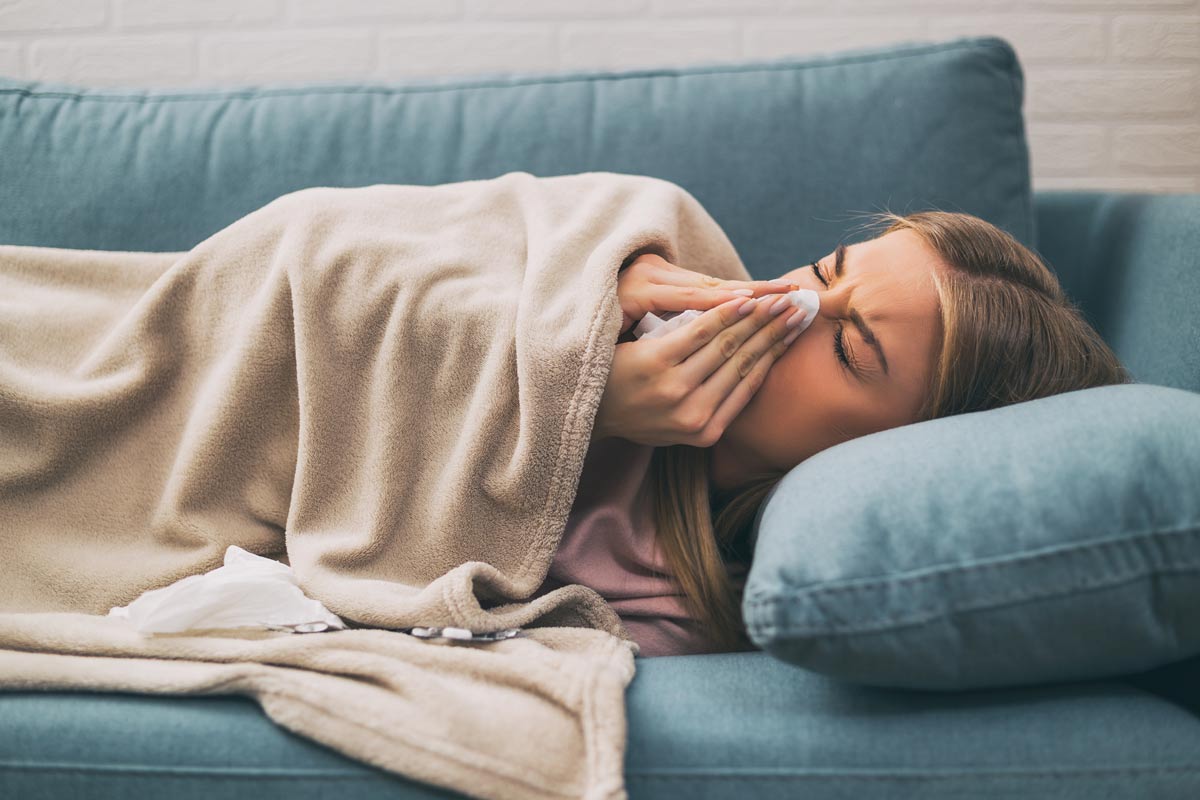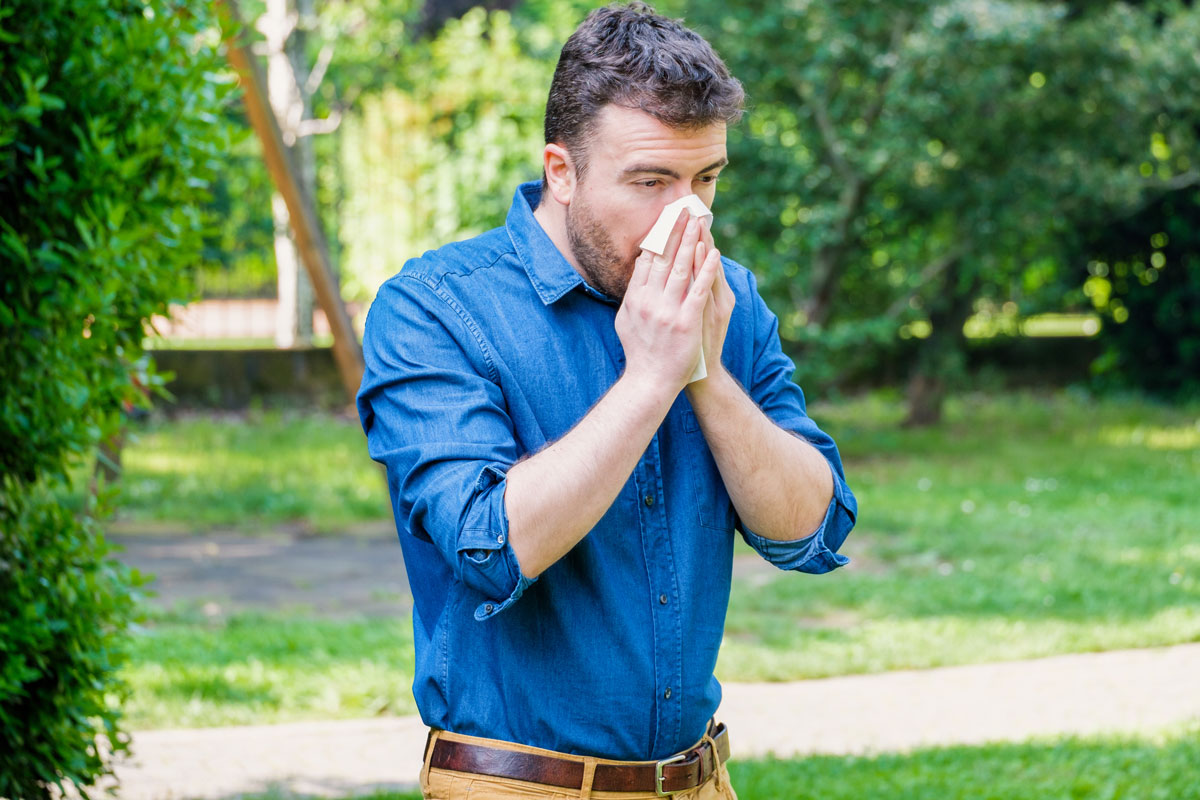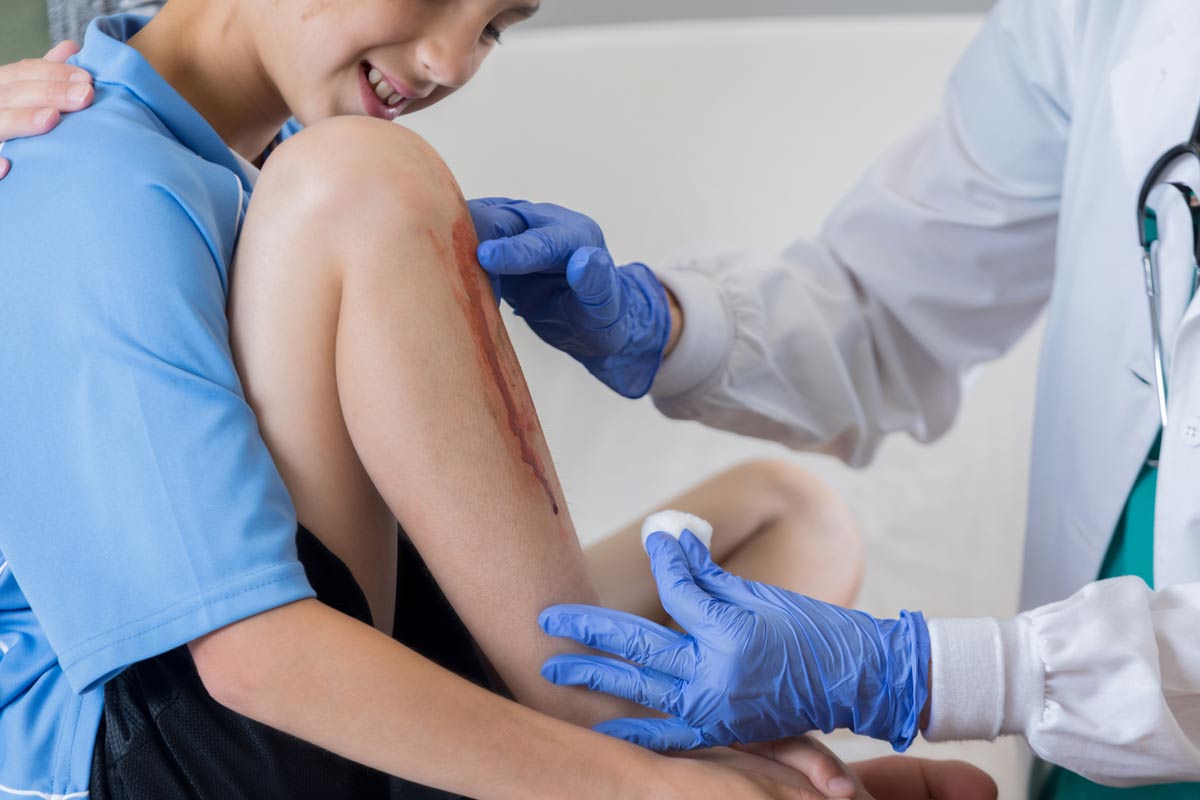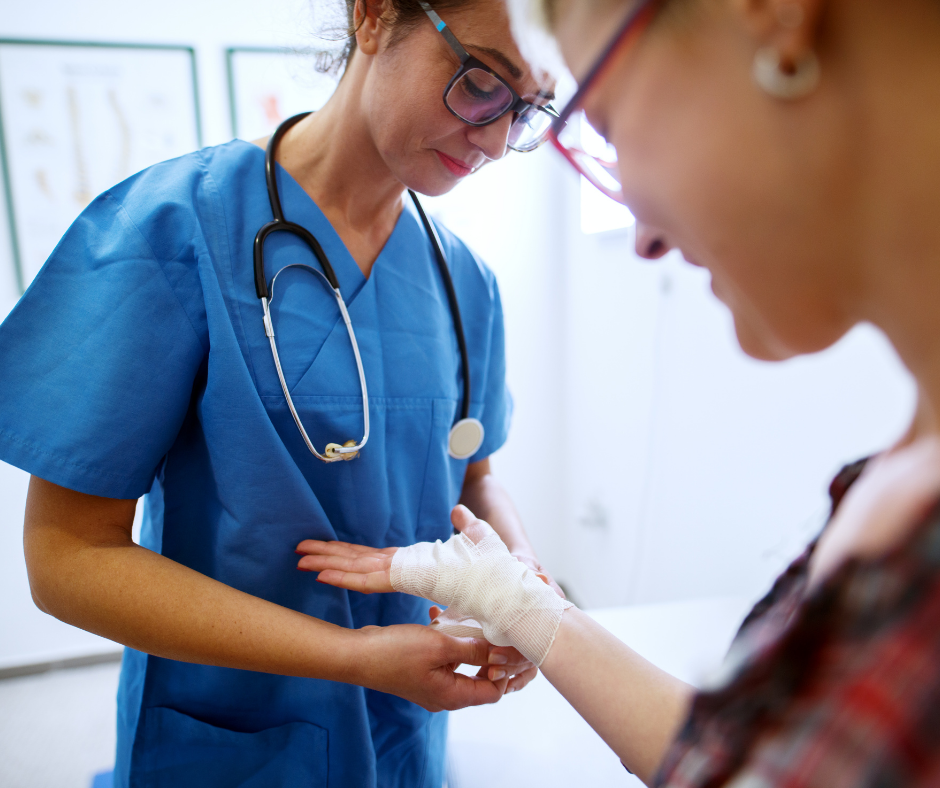Stitching and sutures have been in medical practice for centuries, as seen in ancient Egyptian empires. Today, sutures are made of various materials ranging from silk to nylon or sterling silver. The type of stitching holds the suture, or material used to close the wound, in place. Threads are woven on either side of an open wound resulting from an injury or surgery and aid the healing process by artificially closing the skin.
The type of stitch you receive depends on the skin injury you sustain and the material used to close it. Sutures are either non-absorbable—the need to get them removed once it’s healed—or absorbable—the body will naturally break down the sutures in time, thus avoiding the manual removal process.
While it might sound much easier to deal with an absorbable type of suture for a more straightforward removal process, non-absorbable sutures are important for long-term healing, counteracting the body’s ability to break down dissolvable materials. The removal of non-absorbable sutures is a straightforward process and is generally completed within a few minutes.
Until then, if you receive a non-absorbable suture for your cut or laceration, it’s essential to know how to take care of them so that your skin can heal and you can recover from your injury.
Some critical steps to ensure you avoid infection include:
- Keeping the stitches dry for 24-48 hours after receiving them.
- Gently washing around the site of the injury with water and soap. Do not wash directly on the stitches.
- Dab dry with a paper towel. Avoid rubbing the sutures.
- Keep activity to a minimum to prevent the wound from reopening.
- Follow all instructions given to you by your doctor.
- Watch for signs of an infection, including pus, excess bleeding, increased pain and redness.
If you experience excessive swelling, redness, itching, pus, or bleeding, seek immediate medical attention. Urgent care walk-in clinics are equipped to handle any cause or concerns regarding sutures and stitches, but if you feel your condition requires an emergency room visit, do not hesitate to call 911. Receiving quality wound care is critical.
Unlike most ERs or urgent care centers in the area, PRESNow 24/7 Urgent and Emergency Care in Albuquerque, patients are only billed for the level of services they need. The ER and urgent care are open 24 hours a day, every day. No appointment is required for in-person visits.
PRESNow 24/7 Urgent and Emergency Care has four convenient locations:
- PRESNow 24/7 Urgent and Emergency Care Paseo/San Pedro is located at 6400 Paseo Del Norte Blvd. NE, Albuquerque, NM 87113, and may be reached at 505-596-2100.
- PRESNow 24/7 Urgent and Emergency Care Coors/Western Trail is located at 4515 Coors Blvd. NW Albuquerque, NM 87120, and may be reached at 505-596-2200.
- PRESNow 24/7 Urgent and Emergency Care Isleta/Rio Bravo is located at 3436 Isleta Blvd SW, Albuquerque, NM 87105, and may be reached at 505-596-2300.
- PRESNow 24/7 Urgent and Emergency Care Menaul/Pennsylvania is located at 7400 Menaul Blvd NE, Albuquerque, NM 87110, and may be reached at 505-596-2400.















